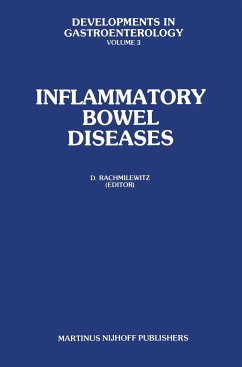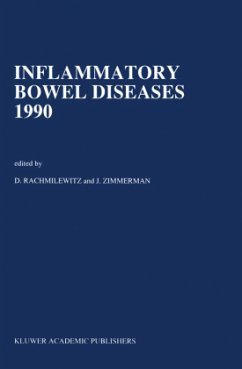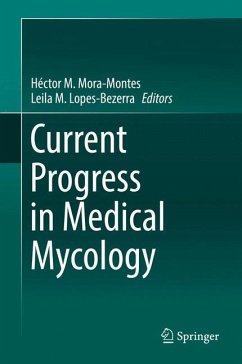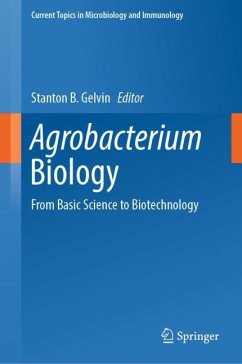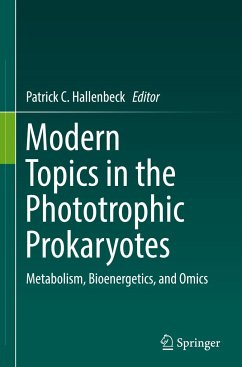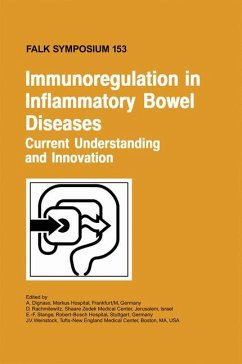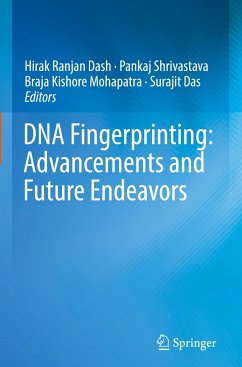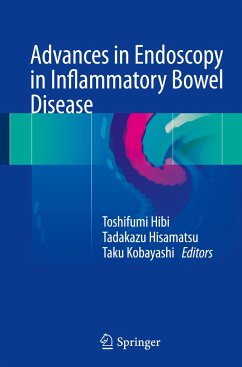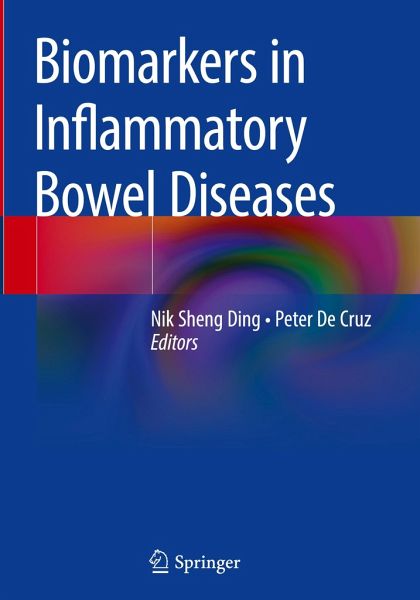
Biomarkers in Inflammatory Bowel Diseases

PAYBACK Punkte
39 °P sammeln!
This book provides a comprehensive and complete overview of biomarkers in clinical practice for inflammatory bowel disease (IBD) bringing together the literature in a clear and concise manner. The book bridges the gap between growing knowledge at the bench and current and future applications of biomarkers in clinical practice.The central structure of the book focuses on prognostic and predictive biomarkers in IBD with an emphasis on the fields of research and scientific techniques (genomics, proteomics and metabonomics) that have led to biomarker discovery and places these biomarkers within a ...
This book provides a comprehensive and complete overview of biomarkers in clinical practice for inflammatory bowel disease (IBD) bringing together the literature in a clear and concise manner. The book bridges the gap between growing knowledge at the bench and current and future applications of biomarkers in clinical practice.
The central structure of the book focuses on prognostic and predictive biomarkers in IBD with an emphasis on the fields of research and scientific techniques (genomics, proteomics and metabonomics) that have led to biomarker discovery and places these biomarkers within a clinical context to help understand their utility in clinical practice.
This book will be of use to clinicians who have an interest in using biomarkers in clinical practice as well as clinician researchers and scientists involved in the biomarker research pipeline.
The author team comprises experts from around the world in order to bring together the literature in an effort to inform clinicians and researchers about the current state-of-the art in biomarker discovery. It is intended to assist future research efforts and indicate how biomarkers might be best applied to clinical practice both at present and in the future.
The central structure of the book focuses on prognostic and predictive biomarkers in IBD with an emphasis on the fields of research and scientific techniques (genomics, proteomics and metabonomics) that have led to biomarker discovery and places these biomarkers within a clinical context to help understand their utility in clinical practice.
This book will be of use to clinicians who have an interest in using biomarkers in clinical practice as well as clinician researchers and scientists involved in the biomarker research pipeline.
The author team comprises experts from around the world in order to bring together the literature in an effort to inform clinicians and researchers about the current state-of-the art in biomarker discovery. It is intended to assist future research efforts and indicate how biomarkers might be best applied to clinical practice both at present and in the future.



